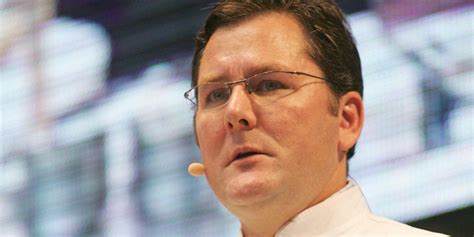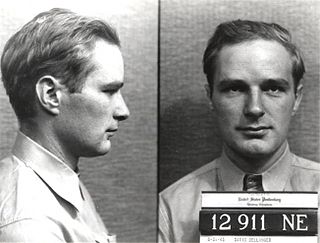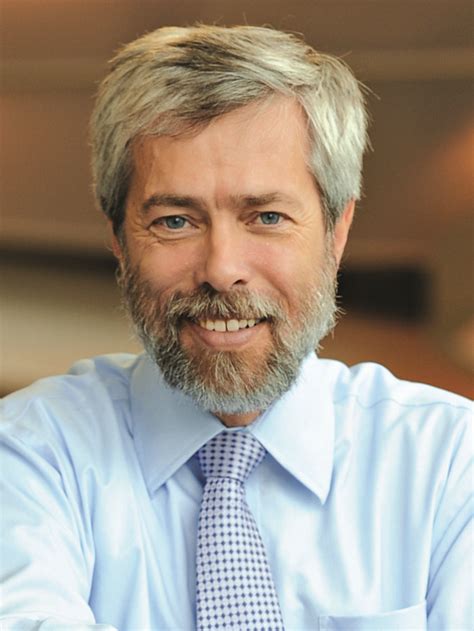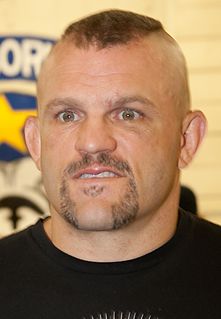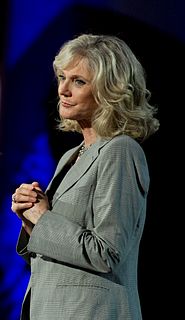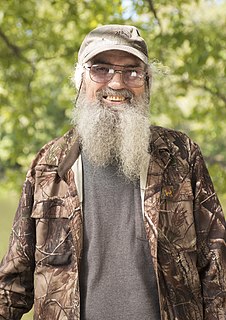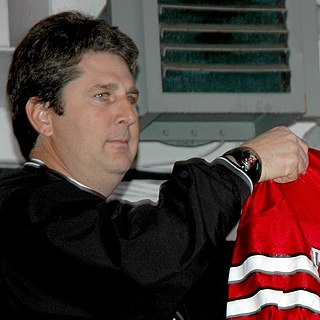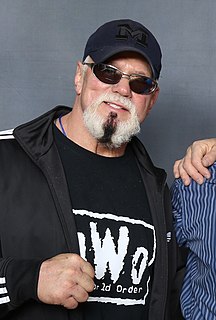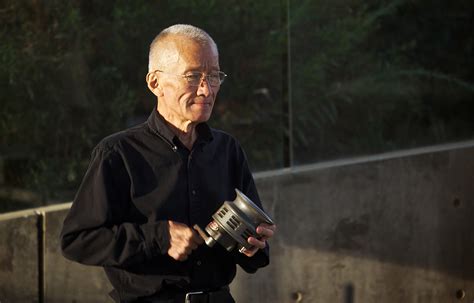A Quote by Charlie Trotter
I got on a Dostoyevsky kick right after college. I started with 'Crime and Punishment,' went on to 'The Possessed' and then 'The Brothers Karamazov' and 'The Idiot.'
Related Quotes
I just can't imagine my life without Dostoevsky and The Brothers Karamazov. I can spin off of that and talk about Crime and Punishment and Tolstoy. I could talk about other novels, but for me it's Dostoevsky. His sheer size and grandeur, his sacramentality, his ecclesiology, and his sense of the human predicament are as powerful as it gets. Can't imagine not reading the Russians.
He’s bound to have done something,” Nobby repeated. In this he was echoing the Patrician’s view of crime and punishment. If there was a crime, there should be punishment. If the specific criminal should be involved in the punishment process then this was a happy accident, but if not then any criminal would do, and since everyone was undoubtedly guilty of something, the net result was that, in general terms, justice was done.
Governments have tried to stop crime through punishment throughout the ages, but crime continued in the past punishment remains. Crime can only be stopped through a preventive approach in the schools. You teach the students Transcendental Meditation, and right away they'll begin using their full brain physiology sensible and they will not get sidetracked into wrong things.
I got to Broadway a year after I came to New York. I starred in 'Butterflies Are Free' and got a Tony for it. Right out of the gate. Maybe that's why I wasn't very gracious about it. I wasn't driven. And right after 'Butterflies Are Free', I got married and then started a family. I always wanted that.
I got into one of the Scottish classical styles called piobaireachd, which is a very old music that started around the 1700s or something. I really got into this music. After that, I started to compose bagpipe music in my notations. Then I started building bagpipes by myself, and then I started to perform with the instrument myself in the 1980s.
